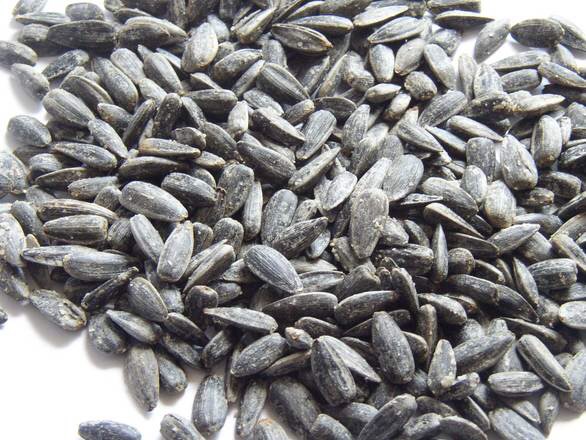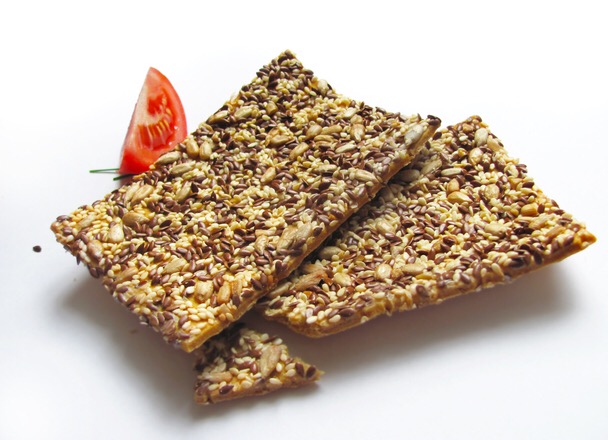Chia Seeds-particularly the Salba variety-are high in iron, folate, calcium, magnesium, omega-3 fatty acids and soluble fiber. The superseed’s calcium and magnesium promote bone and dental health, while the omega-3s help your heart by lowering triglycerides, the bad fats in your blood that can cause heart disease. Their soluble fiber helps decrease cholesterol, stabilize blood sugar, and make you feel full longer. Eat them: Add to smoothies, yogurt, cereal, salads, or muffin batter. Always buy fresh from a market; never eat what came in a craft kit. Read more about the health benefits of seeds in this great article – The Astounding Benefits of Chia Seeds.
Hemp seeds – these superseeds are a great source of complete protein and omega-3 and omega-6 fatty acids. They also contain phytosterols, plant-based compounds that help lower cholesterol levels. Note: While hemp and marijuana are both members of the cannabis family, hemp doesn’t contain THC, marijuana’s active ingredient. Eating hemp seeds will not give you the same effect as smoking marijuana. As far as hemp seeds are concerned though, to reap the rewards you need to eat them: Toss them in salads, shakes, or smoothies, or sprinkle over cereal or yogurt. They also add texture to baked goods.


Pumpkin seeds – Also known as pepitas, these superseeds are a source of B vitamins, iron, magnesium, zinc, and protein, and are particularly rich in the amino acid tryptophan, which may help lower anxiety. Pumpkin seeds also have high levels of essential fatty acids that help keep blood vessels healthy and lower bad cholesterol.
Eat them: Snack on them raw or roasted. Add to granola bars and trail mix recipes; or use to garnish soup. Pumpkin seed oil can boost salad dressings and dips (although cooking may destroy some of its nutritional properties).

Sunflower seeds – These underrated superseeds are an excellent source of B vitamins, including folate (which helps prevent birth defects), and vitamin E, a powerful antioxidant that protects cells from damage, helps maintain healthy hair and skin, and may work to prevent cancer. They are also rich in protein and heart-healthy fats. Eat them: Munch them by the handful, or add them to cookie or muffin recipes, salads, and stir-fries. Minimize salted versions, which often have high levels of sodium. 

Flax seeds – These little, brown, nutty-flavored superseeds are a great source of soluble fiber, which helps lower cholesterol, makes you feel fuller longer, and aids in stabilizing blood sugar levels. Flax seeds are packed with omega-3 fatty acid, which benefits eye and brain health, and can help lower triglycerides. High in lignans, a plant-like form of estrogen, they may also help prevent certain cancers. Eat them: Flax seed shells are hard, so grind them in a blender or coffee grinder first. Otherwise the seeds can pass through your body undigested, prohibiting the absorption of the seeds’ valuable omega-3 content. Add the coarse or finely ground superseeds to smoothies, shakes, yogurt, oatmeal, cereal, casseroles, and when baking. Note: Keep ground flax seeds in an airtight container in your refrigerator or freezer.